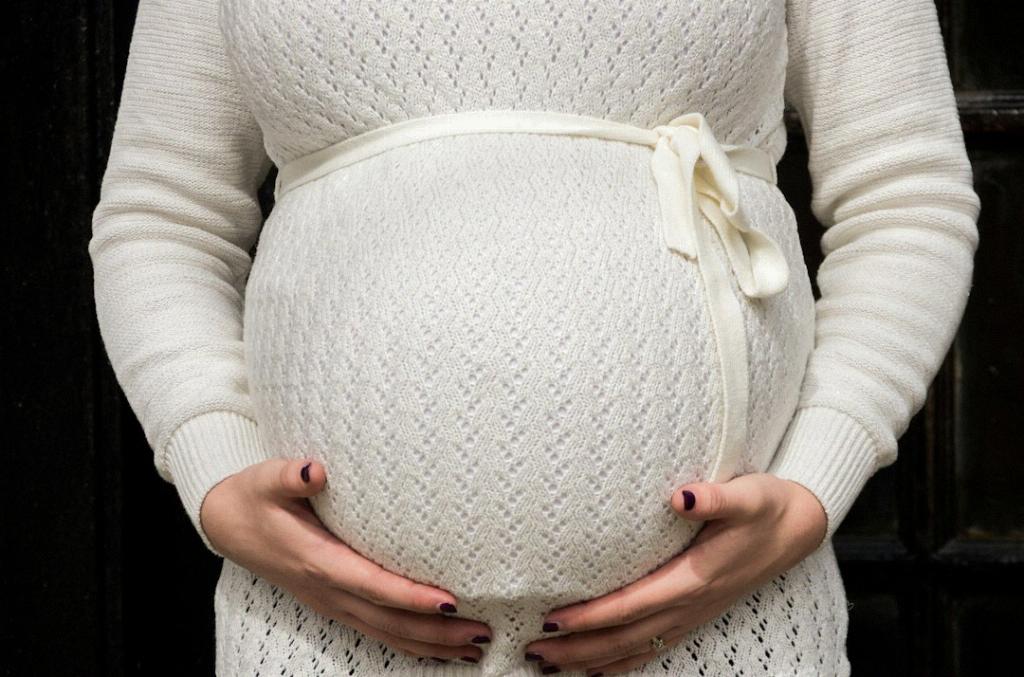When it comes to emergency contraception, Plan B is a popular choice for many individuals. However, there are certain circumstances in which Plan B may not be as effective at preventing pregnancy as desired. It is important to be aware of these situations to make informed decisions regarding your reproductive health.
Ovulation Timing
One factor that can impact the efficacy of Plan B is the timing of ovulation. Plan B primarily works by delaying or preventing ovulation. If an individual has already ovulated at the time of taking Plan B, the chances of conception may still be present. It is essential to understand your menstrual cycle and ovulation patterns to determine the ideal window for emergency contraception.
Body Weight Considerations
Research suggests that individuals with a higher body mass index (BMI) may experience reduced effectiveness of Plan B. Some studies indicate that individuals with a BMI over 30 may be at a higher risk of pregnancy after taking Plan B. Being mindful of your weight and its potential impact on emergency contraception outcomes is crucial.
Medication Interactions
Certain medications or substances can interact with Plan B, affecting its efficacy. It is essential to consult with a healthcare provider to ensure that any medications you are taking will not interfere with the effectiveness of Plan B. Being transparent about your current medication regimen is key to maximizing the potential benefits of emergency contraception.
Previous Contraceptive Failures
If you have experienced contraceptive failures in the past, such as a broken condom or missed birth control pills, the chances of Plan B not working as intended may increase. Repeat instances of unprotected intercourse can heighten the risk of pregnancy, even with the use of emergency contraception.
Allergic Reactions
Individuals who are allergic to any components of Plan B should avoid using this form of emergency contraception. Allergic reactions can impact the body’s response to the medication, potentially reducing its effectiveness. It is important to be aware of any allergies you may have and seek alternative options if necessary.
Limited Time Window
Plan B is most effective when taken as soon as possible after unprotected intercourse. As time passes, the likelihood of conception increases. It is crucial to act swiftly in obtaining and using emergency contraception to maximize its effectiveness and reduce the risk of an unintended pregnancy.
Multiple Instances of Emergency Contraception
Repeated use of emergency contraception, such as taking Plan B multiple times within a short period, can diminish its effectiveness. Using emergency contraception as a regular form of birth control is not recommended and may lead to an increased risk of pregnancy. It is essential to explore more reliable contraceptive options for long-term protection.
Undiagnosed Pregnancy
If an individual is already pregnant at the time of taking Plan B, the medication will not terminate the pregnancy. It is crucial to rule out pregnancy before using emergency contraception to ensure that it is the appropriate method for your circumstances. Seeking medical advice in cases of uncertainty is advisable.
Age and Hormonal Factors
Age and hormonal fluctuations can impact the efficacy of emergency contraception. Younger individuals or those experiencing hormonal imbalances may have varying responses to Plan B. Factors such as puberty, menopause, or underlying health conditions can influence the body’s ability to prevent pregnancy effectively.
Timing of Menstrual Cycle
The effectiveness of Plan B may vary based on the stage of the menstrual cycle in which it is taken. Understanding your menstrual cycle and the likelihood of ovulation at different points can help determine the optimal time to use emergency contraception. Consider tracking your cycle for better contraceptive planning.
Sexually Transmitted Infections (STIs)
Emergency contraception like Plan B does not protect against sexually transmitted infections (STIs). If there is a risk of STI exposure, it is crucial to seek medical testing and treatment. Combining emergency contraception with barrier methods like condoms is recommended for comprehensive protection against both pregnancy and STIs.
Consulting a Healthcare Provider
If you have concerns about the efficacy of Plan B or are unsure about its suitability for your situation, consulting a healthcare provider is crucial. A healthcare professional can provide personalized guidance, perform necessary tests, and recommend alternative contraceptive methods based on your unique needs. Prioritizing your reproductive health through informed decisions is essential for overall well-being.

